1. Consequences of weight loss in people with HIV
- 1. Consequences of weight loss in people with HIV
- 2. How to identify people with HIV who have lost weight
- 3. Weight gain measures for people with HIV
When you have HIV, your body's immune system has to work harder to fight off infections. This increases your energy and nutrient needs.
In addition, prolonged infection and fever also increase the body's nutritional needs. Therefore, infected people must eat more to meet these increased energy and nutritional needs.
However, people with HIV often cannot meet the increased needs of the body and face the risk of weight loss due to reduce food intake and reduce absorption.
According to Associate Professor, Dr. Bui Khac Hau, former lecturer of the Department of Internal Medicine, Hanoi Medical University, if an HIV-infected person loses weight, measures must be taken to regain weight to normal levels because if this condition persists, it will weaken the immune system, increase the risk of opportunistic infections, and reduce the ability to respond to treatment. This is even considered one of the bad prognostic factors for the health and quality of life of people with HIV/AIDS.
2. How to identify people with HIV who have lost weight

Food decoration makes food more attractive, helping people with HIV eat more and gain weight.
When people with HIV do not eat enough, or food is not absorbed well, the body takes energy from stored fat and muscle protein. The result is weight loss due to loss of body mass and muscle. The weight loss may be so gradual that it is not noticeable.
There are two basic ways to detect whether your weight has decreased or not, and they are as follows:
Method 1: Weigh yourself on the same day each week, recording your weight and the date. For an adult, severe weight loss is typically defined as a loss of 10% of body weight or 6-7 kg in a month. If you don't have a scale at home, you can get weighed at a pharmacy, clinic, or local health facility.
Method 2: Check your clothes. When your clothes become loose and no longer fit properly, it is a clear sign of weight loss.
3. Weight gain measures for people with HIV
People with HIV may gain weight by eating more, eating larger portions and/or eating more frequent meals, consuming a variety of foods...
Here are some tips for gaining weight:
On nutrition and nutritional practices
- Eat plenty of staple foods like rice, corn, millet, sorghum, wheat, bread, potatoes, sweet potatoes, yams and bananas.
- Increase your intake of beans, soy products, lentils, peas, peanuts, peanut butter, and seeds like sunflower and sesame.
- Eat all types of meat, poultry, fish and eggs as often as possible. Of these, minced meat, chicken and fish are easier to digest.
- Snack frequently between meals. Good snacks include nuts, seeds, fruit, yogurt, carrots, tapioca chips, crab chips, and peanut butter sandwiches.
- Gradually increase the fat content of your food by using more fats and oils, as well as eating fatty foods such as peanuts, soybeans and sesame, butter, fatty meats. If you have problems with consuming too much fat (especially diarrhea), reduce the amount of fat you consume until the symptoms disappear and then gradually increase it to a level your body can tolerate.
- You should add more dairy products such as whole milk, yogurt, buttermilk, yoghurt and cheese to your diet.
- Add powdered milk to foods such as porridge, cereals, sauces and mashed potatoes. Note that it should be avoided if milk causes cramps, a feeling of fullness or a skin rash.
- Add sugar, honey, jam, syrup and other sweet products to food and make the meal as attractive as possible.
- Increase the number of main meals and snacks per day. If the loss of appetite persists or the patient is sick, it is best to divide the amount of food during the day. Snacks should be included in the daily menu.
- Snacks are any nutritious food that is readily available and can be eaten without much preparation. Nuts, seeds, fruit, yogurt, carrots, cassava chips, crab chips, and peanut butter sandwiches. With at least three meals and snacks in between, the risk of malnutrition or weight loss is lower.
- If the patient needs to stay in bed, food and water should be kept within reach.
- Caregivers should make sure to prioritize sick family members, feeding more frequently and providing extra portions to maintain weight and health.
About exercise to improve weight loss
Regular exercise helps people feel more alert, reduces stress and stimulates appetite, and is the only way to strengthen and develop muscles. The body uses muscle to store energy and protein, which the immune system can use when needed. Therefore, exercise is especially important to maintain health for people with HIV/AIDS.
Daily activities such as cleaning, working in the fields, collecting firewood, and fetching water can provide enough physical activity. If your job is not physically demanding, find an exercise program that is enjoyable and fits into your daily routine.
It is important to note that exercise should not cause fatigue or strain; gentle exercises to strengthen muscles are recommended. Walking, jogging, swimming or dancing are all suitable. People with HIV/AIDS should make an effort to find exercises that they enjoy and that are appropriate to their condition.
Please see more:
 4 reasons why you exercise and diet but still gain weight
4 reasons why you exercise and diet but still gain weightSource: https://suckhoedoisong.vn/lam-cach-nao-de-tang-can-cho-nguoi-nhiem-hiv-169251026124406079.htm





![[Photo] Closing of the 14th Conference of the 13th Party Central Committee](https://vphoto.vietnam.vn/thumb/1200x675/vietnam/resource/IMAGE/2025/11/06/1762404919012_a1-bnd-5975-5183-jpg.webp)


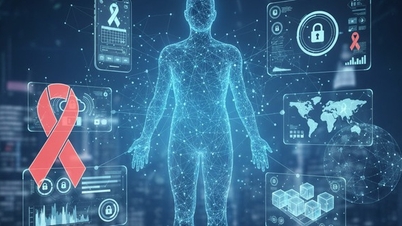







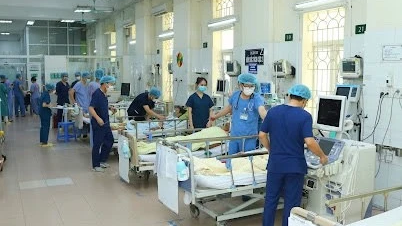


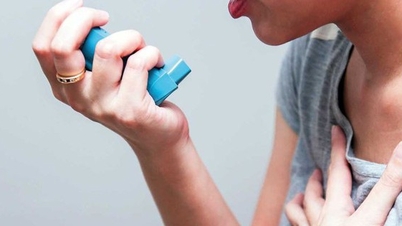
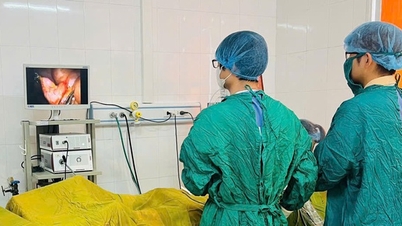























































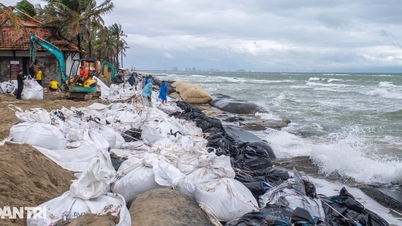









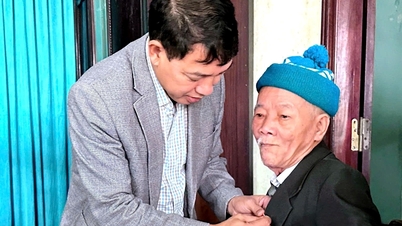





















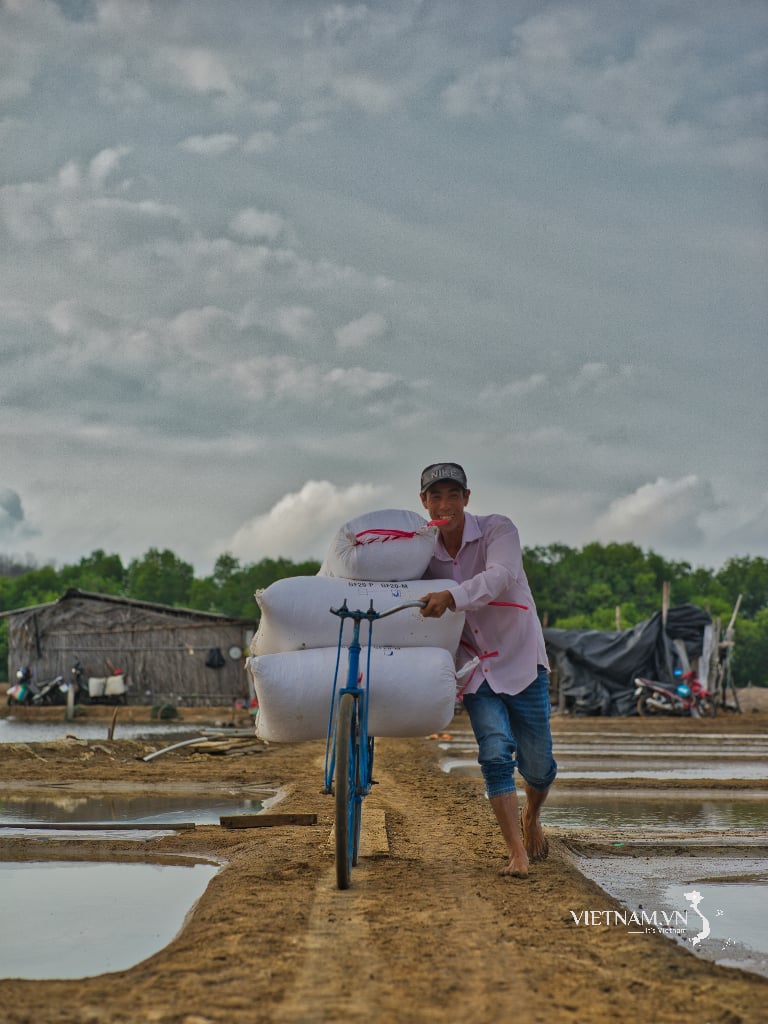
Comment (0)